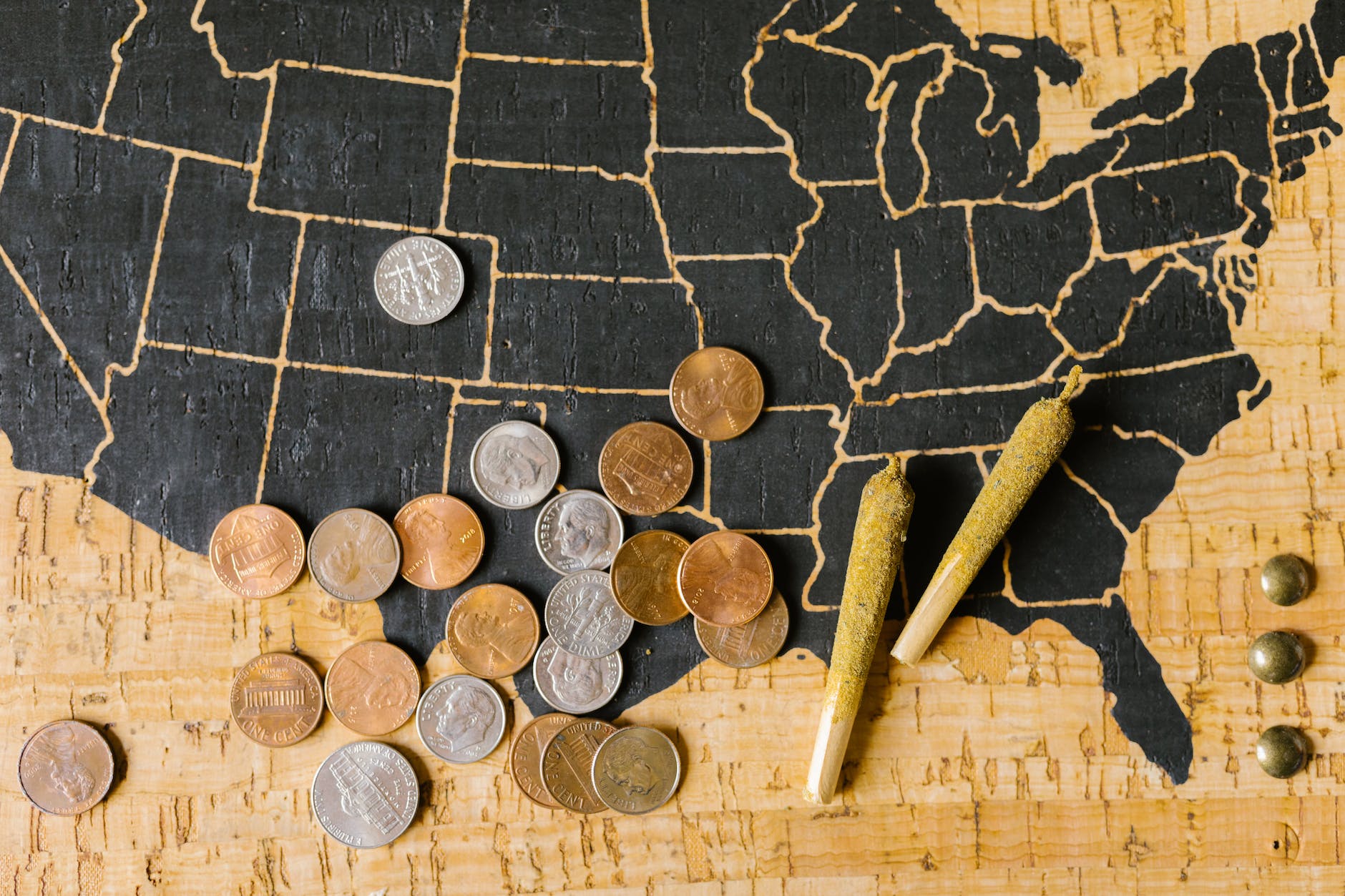The Intricacies of CBD Legality: A Comprehensive Guide to Understanding the Legal Status of CBD Products

CBD, short for cannabidiol, has seen a meteoric rise in popularity over the past few years. It’s hailed for its potential therapeutic benefits and is now incorporated into a plethora of products, ranging from wellness supplements to pet products. Yet, despite its ubiquity, confusion surrounding the legality of CBD persists. To clarify this matter, we delve into the contrasts between hemp-derived CBD and marijuana-derived CBD, the implications of federal law and state regulations, and the influence of the THC content and the Farm Bill.
Unravelling the complexity of CBD legality begins with understanding the source of the CBD. Specifically, whether it is hemp-derived or marijuana-derived. Federal law differentiates between these two types. Hemp-derived CBD that contains 0.3% or less THC, the psychoactive compound of cannabis, is legal under federal law. This was established by the 2018 farm bill which removed hemp from the Schedule I controlled substances list, thus legalizing hemp and its derivatives.
On the other hand, the Drug Enforcement Administration considers marijuana, and by extension marijuana-derived CBD, a Schedule I drug. This categorization means that federal law perceives it as having a high potential for abuse with no accepted medical use. Regardless of the THC content, marijuana-derived CBD therefore falls into a legal gray area at the federal level.
In addition to federal law, individual state regulations also play a significant role in determining CBD legality. Each state has the sovereignty to either align with the federal law or implement its own rules concerning the sale and use of CBD products. For instance, states such as California and Colorado have legalized marijuana for both recreational and medicinal use. Therefore, in these states, both hemp and marijuana-derived CBD products are legal. Yet, in other states such as Idaho and Nebraska, laws are stricter, and any product containing any traces of THC is illegal.
The THC content in CBD products is another factor shaping the CBD legality. As already established, hemp-derived CBD products with a THC concentration less than 0.3% are federally legal. Any higher, and the product is considered as Marijuana—a Schedule I substance.
However, the CBD industry’s rapid growth and variable state regulations led to a lack of consistency and regulation in the monitoring of THC levels. In an effort to mitigate this, the Justice Department announced a Statement of Principles in 2016, updating federal marijuana enforcement policy to allow a more tangible regulatory authority over domestically produced hemp plants.
CBD’s evolving legality has also been shaped by Canada’s Cannabis Act, which has given the CBD industry a thriving market to the north. This act legalized recreational marijuana in 2018, seemingly paving the way for a surge in CBD product sales.
However, even the Cannabis Act is not without its complexities. Despite legalizing marijuana, the act also indicates that CBD remains a regulated substance across Canada, requiring specific authorization for its sale, similar to any other prescription drug.
In conclusion, understanding the legality of CBD products is a composite task, as it primarily depends on the THC content, the source of CBD (hemp or marijuana), federal laws, and individual state regulations. While advancements have been made to standardize and regulate the burgeoning CBD industry, blurred lines still exist, causing confusion amongst consumers and producers. It’s crucial that all stakeholders, from farmers to vendors and consumers, stay informed about the ongoing legal developments impacting the CBD industry. As the industry continues to evolve, so will the regulations guiding its operations.
CBD, short for cannabidiol, has seen a meteoric rise in popularity over the past few years. It’s hailed for its potential therapeutic benefits and is now incorporated into a plethora of products, ranging from wellness supplements to pet products. Yet, despite its ubiquity, confusion surrounding the legality of CBD persists. To clarify this matter, we…
Recent Posts
- The Calming Effects: How CBD Contributes to Stress Relief and Wellness
- Examining the Legalization of CBD across Various States
- “Top 10 Popular CBD Products Dominating the Market”
- A Comprehensive Guide to Properly Dosing CBD for Beginners
- A Comprehensive Guide: Understanding The Different Forms of CBD Products
Recent Comments
Categories
- Alternative and Natural Health Remedies
- Alternative Health and Wellness
- Alternative Medicine and Pain Management
- Beauty and Skincare
- Beauty and Wellness
- CBD and Health
- CBD and Law
- CBD and Mental Health
- CBD Consumption
- CBD Education & Research
- CBD Laws Worldwide
- CBD Legalities and Regulations
- CBD Legality
- CBD Products
- Cooking and Wellness
- Fitness and Wellness
- Health and Beauty
- Health and Fitness
- Health and Fitness, CBD Use
- Health and Law
- Health and Science
- Health and Skincare
- Health and Sports
- Health and Wellness
- Health and Wellness, Skincare
- Healthcare and Wellness
- International Law
- Law and Cannabis Industry
- Law, Health, and Regulations
- Legal
- Legal Regulations on CBD
- Legal Resources
- Legal/CBD Industry
- Legal/Fitness & Health
- Mental Health and Wellness
- Mental Health, Natural Remedies
- Natural Remedies
- Natural Remedies and Alternative Medicine
- Pet Care and CBD
- Pet Health and Wellness
- Pet Wellness/Animal Health
- Science and Health
- Science, Health and Wellness
- Skin Care and Wellness
- Skin Health & Wellness
- Skincare – Natural Remedies
- Skincare and Beauty
- Skincare and Wellness
- skincare, beauty, CBD, wellness
- Sleep Health and Wellness
- Uncategorized